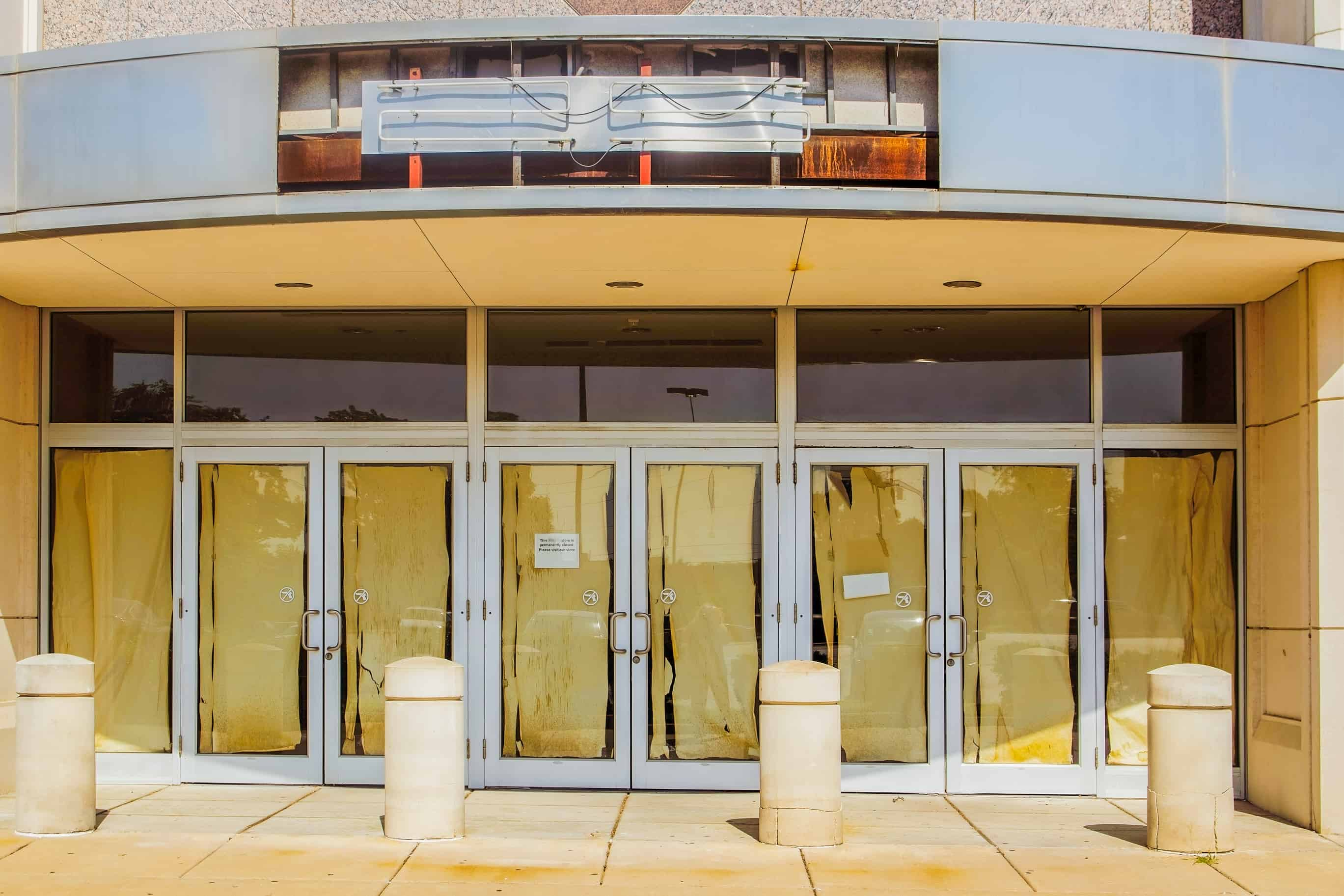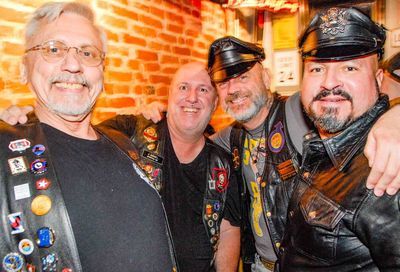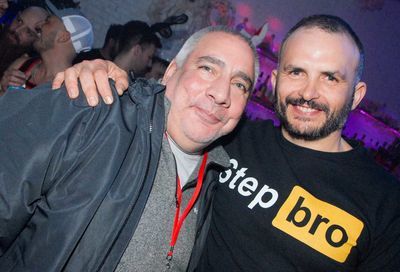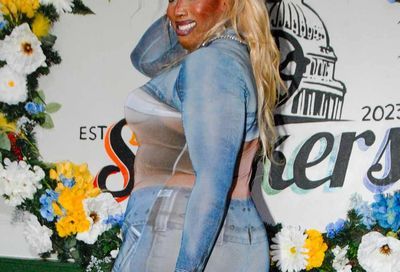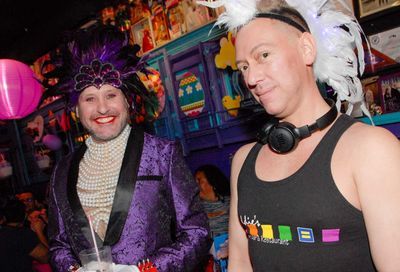DC shelters frustrated by lack of funding for LGBT homeless youth
DHS: “The number of beds we have is not meeting the complete need of LGBTQ homeless youth.”

“What happens to the youth now?” Ruby Corado asks. “Where do they go? They cannot come to Casa Ruby because we only have 17 beds. They can’t go to Wanda Alston because they only have eight beds.”
The executive director of Casa Ruby is venting to Metro Weekly about a D.C. Council resolution affecting services for homeless queer youth. Corado was present at a public roundtable held by the Council, and in testimony was emphatic in her condemnation of the proposals: “It does not meet the needs of young people in the District of Columbia today.”
The LGBTQ Homeless Youth Rules Approval Resolution, which Mayor Muriel Bowser introduced to the council on March 8, will be approved without action from councilmembers this Thursday. Though Casa Ruby appreciates the work the mayor is pioneering, they are perplexed by the lack of dedicated funding for shelter beds for the city’s LGBTQ homeless youth.
“The Mayor came to Casa Ruby and had made a large promise that more funding would be available for transitional housing programs and beds would be set aside for LGBTQ youth programs, and I want to know exactly where are we set on that,” Mally Hatcher, director of youth services for Casa Ruby, said during her testimony. “When will those beds and the extra funding be rolling out?”
In a typical week, Hatcher deals with 200 to 250 LGBTQ youth and adults in addition to the residents living in Casa Ruby’s transitional and emergency shelters. “We want to do more, but we can’t do more without access to those resources,” she said.
The proposed rules help fulfill legislated mandates from 2014 when the council passed the Homeless LGBTQ Youth Reform Amendment Act. In line with the law, the District’s Department of Human Services (DHS) has funded beds exclusively for LGBTQ youth at two organizations: eight at the Wanda Alston Foundation and 17 at Casa Ruby. The agency funded a further 15 temporary hypothermia beds at Casa Ruby last winter. There are also a handful of privately-funded LGBTQ youth beds at the Latin American Youth Center.
“We know that the number of beds we have is not meeting the complete need of LGBTQ homeless youth,” said Hilary Cairns, deputy administrator for DHS’ Family Services Administration, during her testimony. “The disparity at which LGBTQ youth experience homelessness as compared to young people as a whole is shocking.”
The agency conducted a “pivotal” census of homeless youth last August, which found that 43 percent of youth experiencing homelessness self-identified as LGBTQ, adding to its urgency for improving homeless services for LGBTQ youth.
But during the roundtable, Council Chairman Phil Mendelson told Corado and Hatcher that their concerns were not “on point” with the discussion, because funding had already been set in stone. The council approved its fiscal year 2017 budget on May 17.
In the budget, $1.6 million was added to support additional transitional and shelter beds for young people, but none of the funding had been designated specifically for the LGBTQ population. “We will obviously continue to have the ones [ten total] that are required under the law,” Cairns testified.
Though no additional funding for LGBTQ youth is designated, “that’s not to say we won’t come out in that direction, having some additional beds that are specifically targeted toward LGBTQ youth,” Cairns tells Metro Weekly.
DHS funds around 170 youth beds, but is unsure how much the additional funding in the new budget will expand capacity for its facilities — specifically for LGBTQ youth or otherwise. In the meantime, LGBTQ youth can access any of the beds in the system.
“Our goal is to ensure that our entire shelter system is trained in LGBTQ cultural competency, and we look forward to continuing to work with the Department of Human Services to ensure that we have programming and housing opportunities for our LGBTQ homeless youth community,” Sheila Alexander-Reid, director of the Mayor’s Office Of LGBTQ Affairs, said in an email to Metro Weekly.
Reid’s office began its cultural competency training for the city’s homeless service providers last month and has trained more than 300 staff members out of approximately 1,600 who work at DHS-funded providers.
Corado, whose organization has more than 100 people on waiting lists, believes her and other advocates’ requests to expand capacity and resources are being ignored.
“The mayor and councilmembers are acting like they really care about this issue, but what happened?” she says. “You cannot address homelessness in this city without addressing homeless LGBT youth.”
DHS will submit a written response to the council addressing the concerns brought up during the roundtable, including the specifics on how it will spend its budget. However, Cairns rejects notions that DHS and the Council aren’t doing enough to tackle youth LGBTQ homelessness.
“Everyone is working together to address the issue of youth homelessness,” she says. “The increase in the budget is our city’s continued attempt to rightsize the work that we’re doing, recognizing that the need is great. We are building a system and it takes time.
“We can’t expect that in one year all of a sudden we’re able to fund every single need that we have, but we’re definitely moving in the right direction.”
Support Metro Weekly’s Journalism
These are challenging times for news organizations. And yet it’s crucial we stay active and provide vital resources and information to both our local readers and the world. So won’t you please take a moment and consider supporting Metro Weekly with a membership? For as little as $5 a month, you can help ensure Metro Weekly magazine and MetroWeekly.com remain free, viable resources as we provide the best, most diverse, culturally-resonant LGBTQ coverage in both the D.C. region and around the world. Memberships come with exclusive perks and discounts, your own personal digital delivery of each week’s magazine (and an archive), access to our Member's Lounge when it launches this fall, and exclusive members-only items like Metro Weekly Membership Mugs and Tote Bags! Check out all our membership levels here and please join us today!





